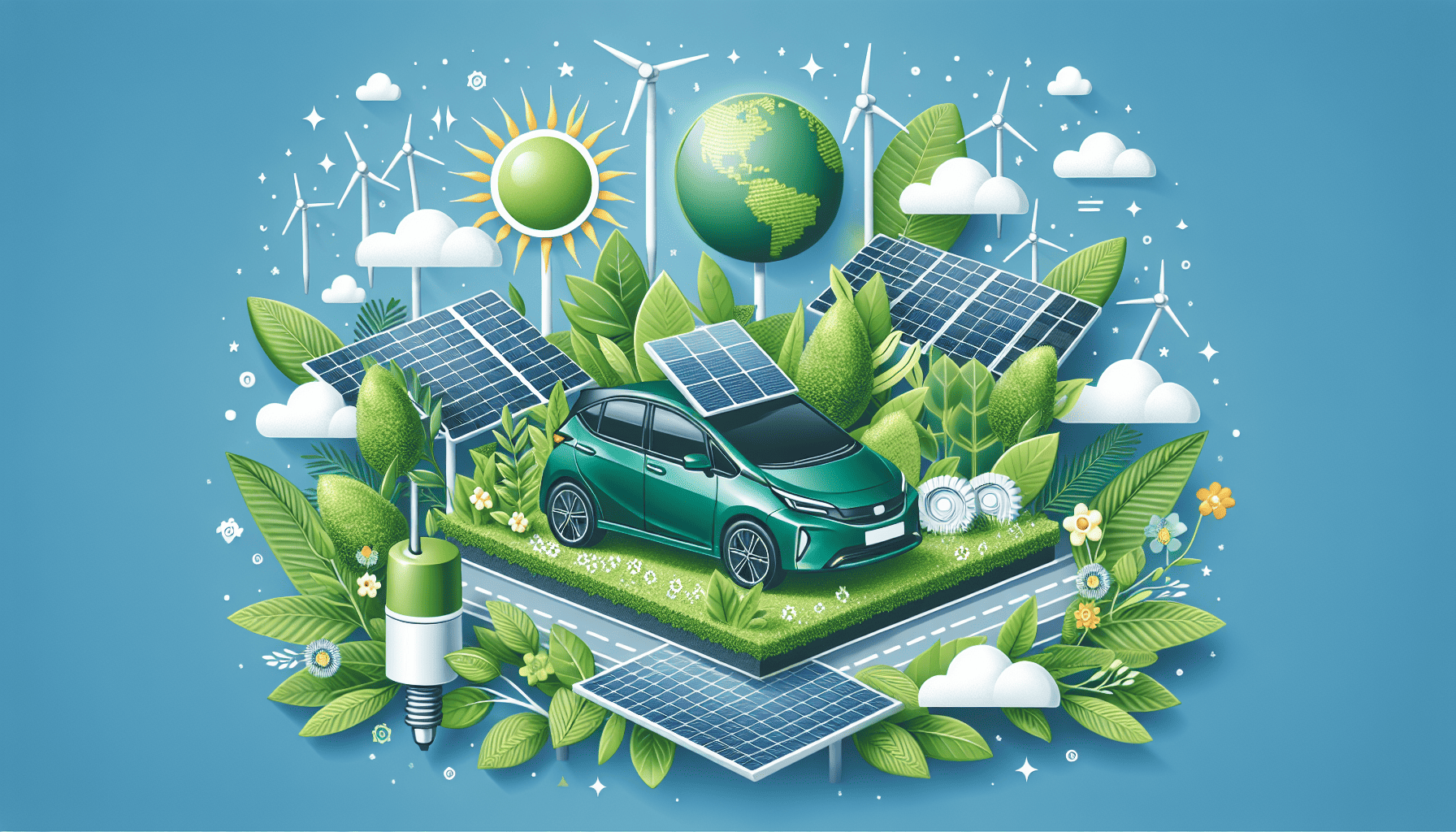In recent years, the automotive industry has been undergoing a significant transformation aimed at reducing its environmental impact. With growing concerns over climate change and the depletion of natural resources, car manufacturers and innovators are prioritizing eco-friendly technologies and sustainable manufacturing practices. This shift is not only helping to reduce carbon footprints but also paving the way for a cleaner, greener future for transportation.
One of the most noteworthy advancements in eco-friendly cars is the rise of hybrid technologies. Hybrid vehicles, which combine a conventional internal combustion engine with an electric propulsion system, offer a more sustainable alternative to traditional gasoline or diesel-powered cars. By using electric power for short distances and lower speeds while relying on the combustion engine for longer trips, hybrids significantly reduce fuel consumption and emissions. This dual power approach not only promotes efficiency but also offers drivers a practical way to contribute to environmental preservation without compromising on performance.
Electric vehicles (EVs) deserve a special mention as well. These vehicles entirely dispense with internal combustion engines, running solely on electricity. Recent innovations in battery technology have dramatically enhanced the range and charging speeds of EVs, making them more accessible to the average consumer. As charging infrastructure continues to improve and become more widespread, EVs are becoming an increasingly viable option for individuals looking to minimize their transportation-related carbon footprint.
Sustainable manufacturing practices are also playing a crucial role in the development of eco-friendly cars. Automakers are increasingly adopting methods that minimize waste, reduce energy consumption, and utilize renewable materials. For instance, some companies are turning to recycled and bio-based materials to construct vehicle interiors and components, decreasing reliance on virgin plastics and metals. Additionally, improvements in production processes are helping to cut down on water usage and reduce emissions during manufacturing.
Another key area of innovation lies in the lifecycle approach to car production. Manufacturers are beginning to take into account the entire life span of a vehicle, from conception to recycling. This holistic approach ensures that sustainability is integrated at every stage, from the sourcing of raw materials to the disposal or recycling of the vehicle. New designs are incorporating modular components that are easier to recycle and reuse, further closing the loop on waste.
Moreover, the shift towards digitalization and smart technology is influencing eco-friendly car innovations. Telematics and advanced software systems allow drivers to optimize fuel efficiency by providing real-time feedback on driving habits. Cars equipped with artificial intelligence can adjust performance settings and suggest eco-friendly routes, leading to less energy consumption.
On a larger scale, governmental incentives and policies are encouraging both consumers and manufacturers to prioritize sustainable vehicles. Subsidies, tax reductions, and grants support the purchase of low-emission vehicles and the development of sustainable technology. These policies are vital in accelerating the adoption of eco-friendly cars and fostering a market where innovation is both supported and rewarded.
In conclusion, the advancements in hybrid technologies, electric vehicles, sustainable manufacturing practices, and intelligent systems are propelling the automotive industry toward a more sustainable future. As these innovations continue to evolve, they offer promising solutions to the ecological challenges posed by traditional transportation methods. By embracing these changes, consumers play an active part in reducing the carbon footprint and advocating for a greener planet. The journey towards sustainable driving is ongoing, and the future looks brighter and more environmentally friendly thanks to these exciting developments.
